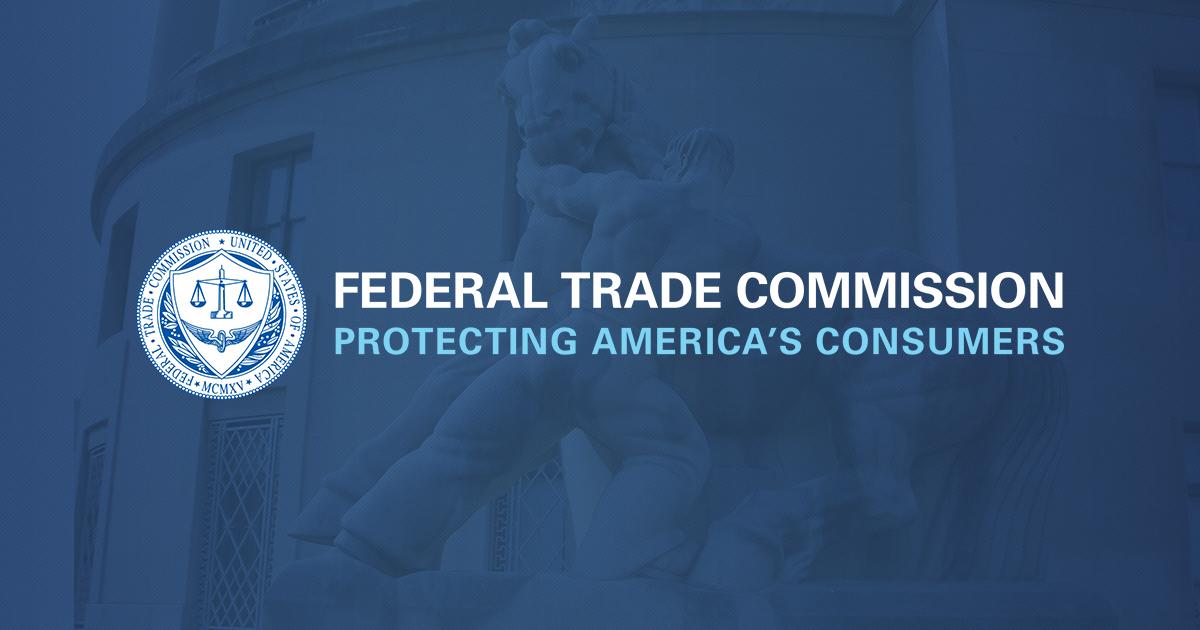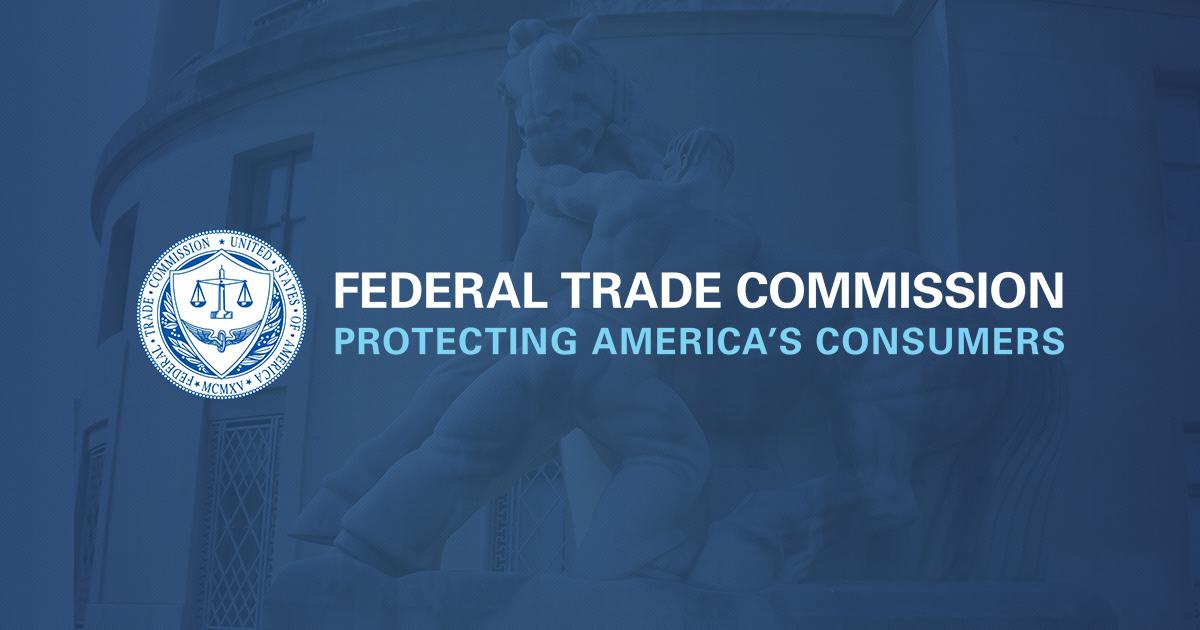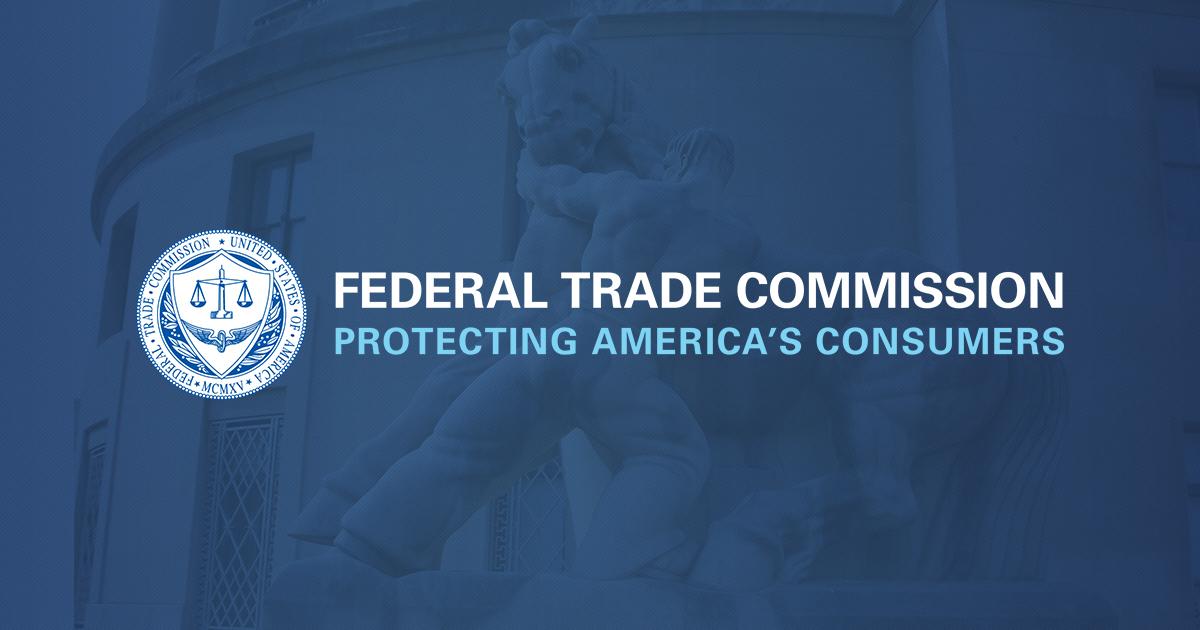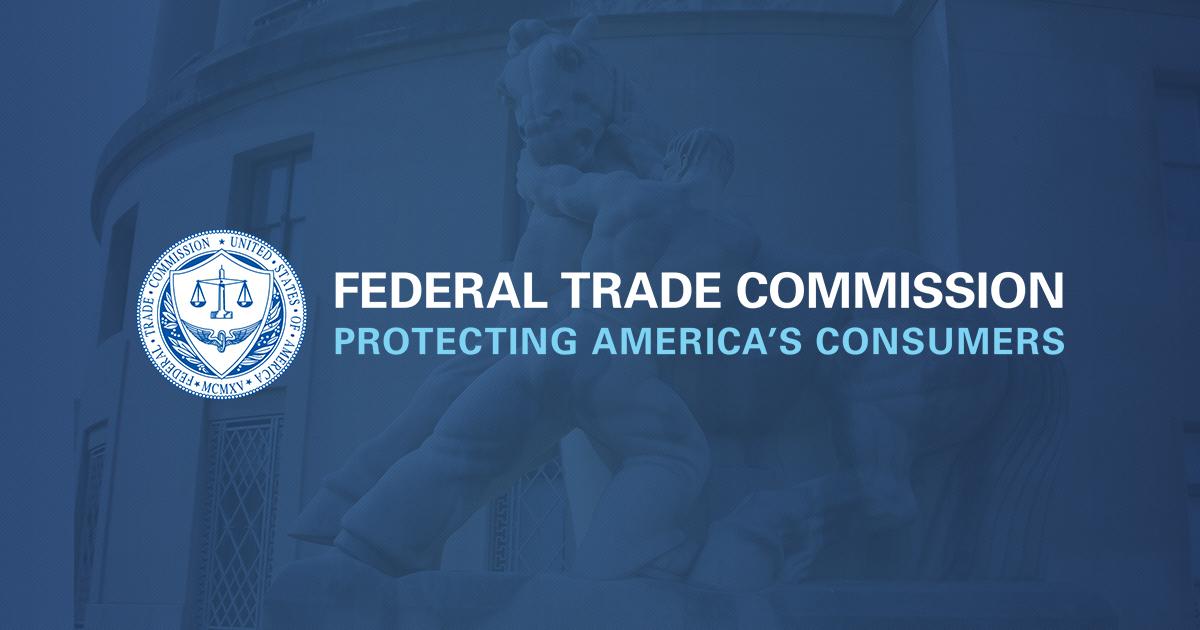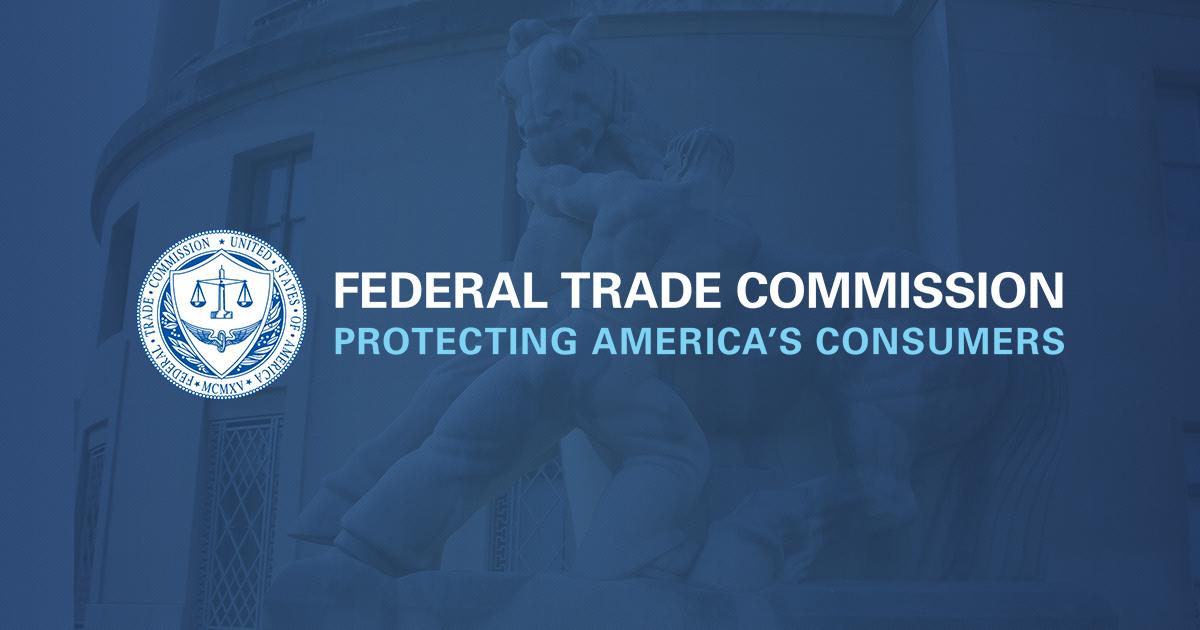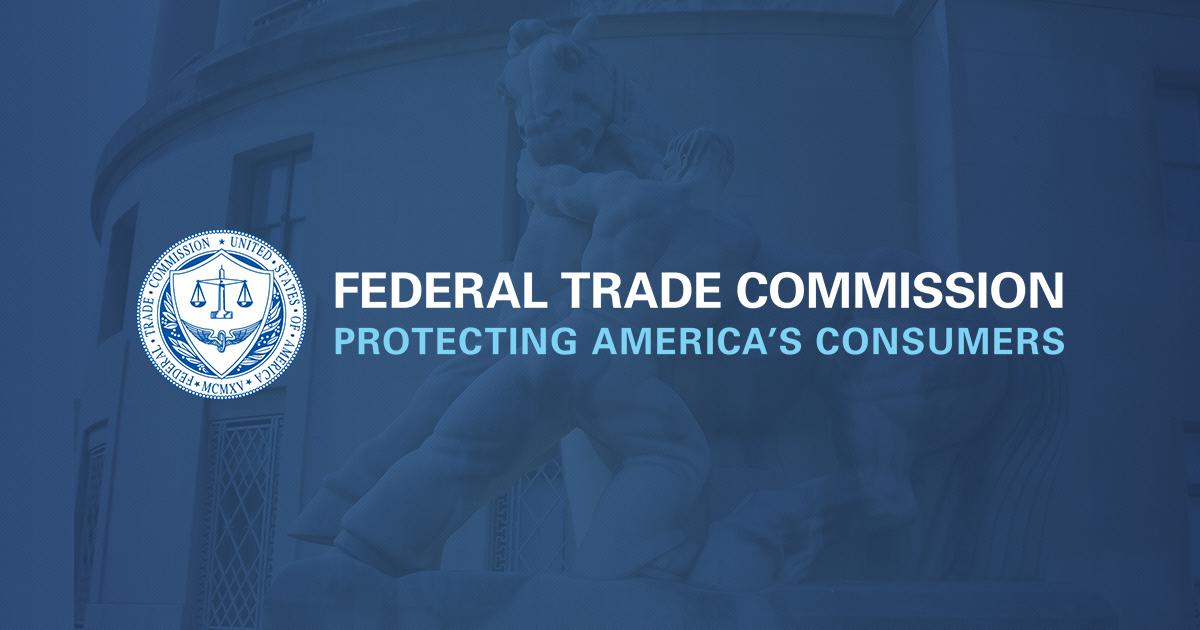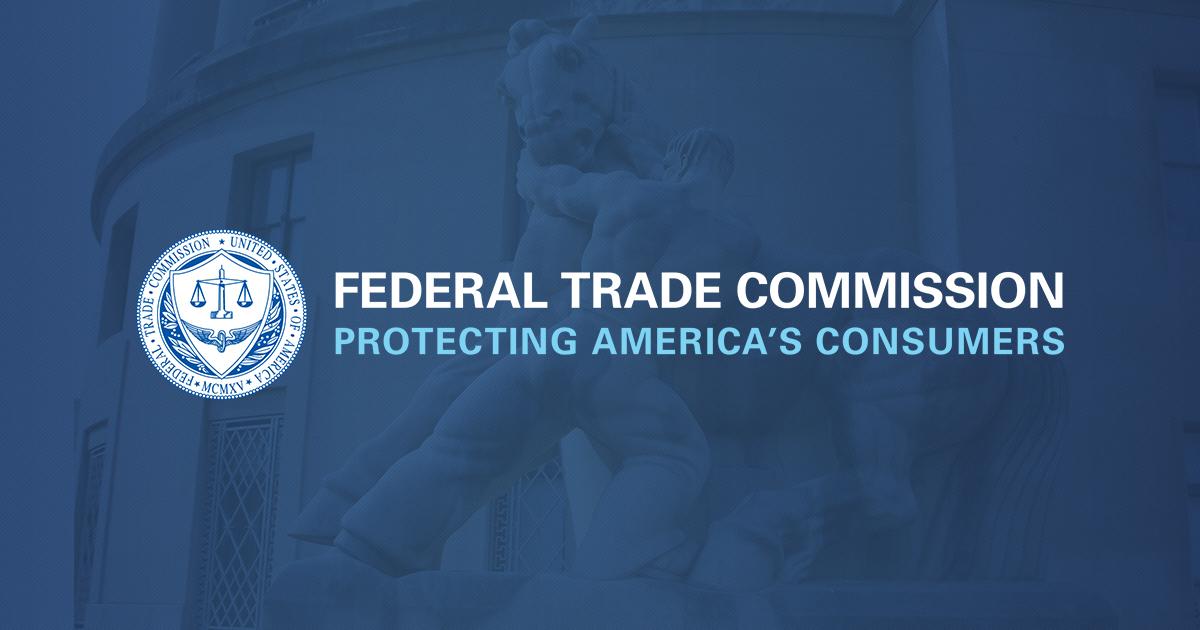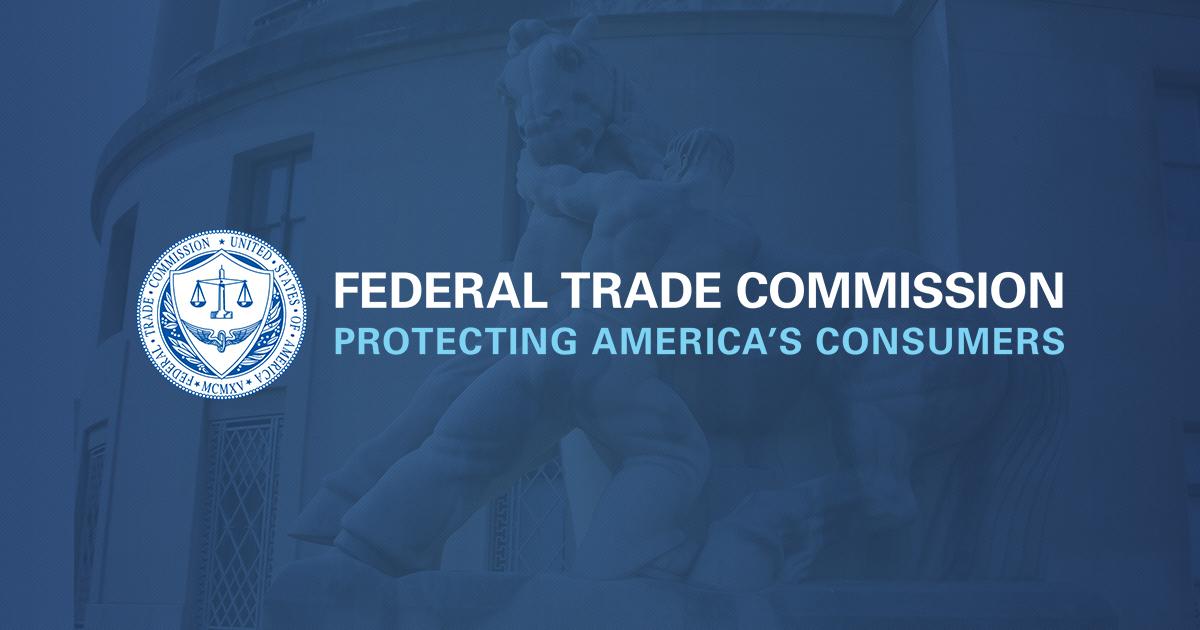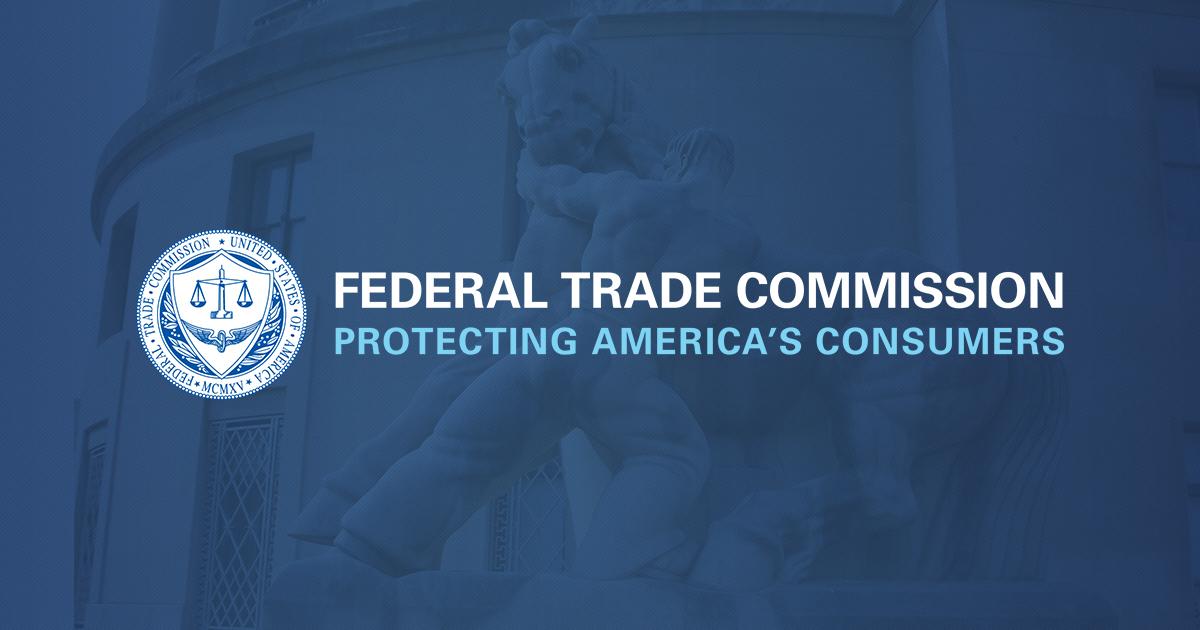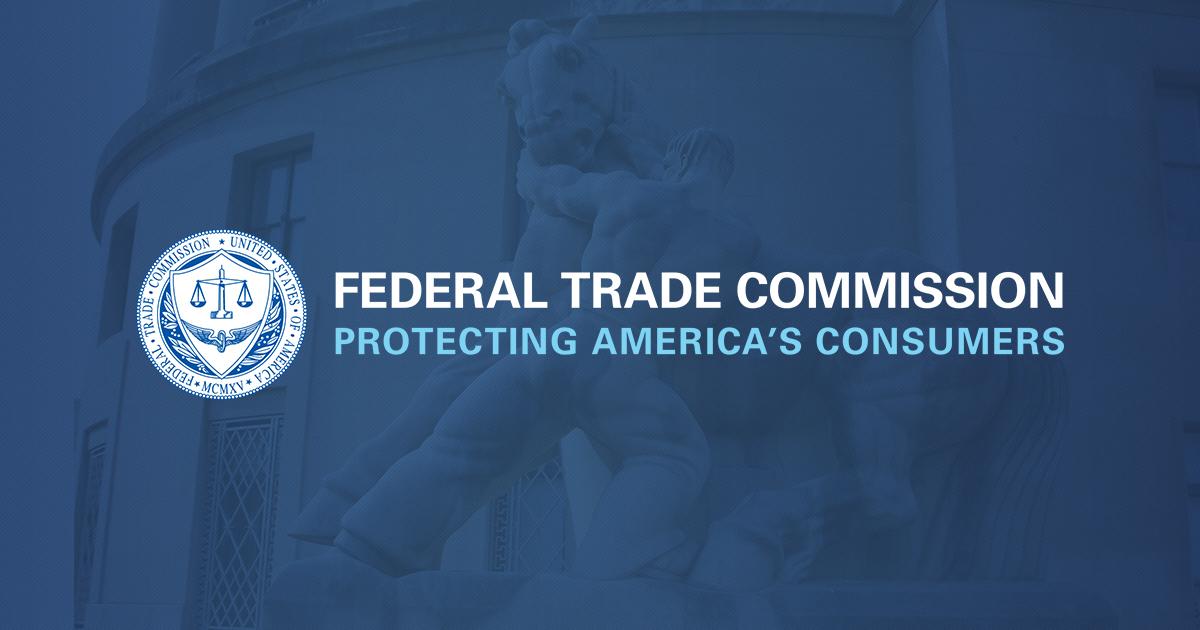The Federal Trade Commission has asked a U.S. district court to hold three Internet pagejackers in contempt and order them to give up their ill-gotten gains for violating a previous order barring their unfair and deceptive practices.
According to papers filed by the FTC with the court, Walter Rines, his company, Online Turbo Merchant, Inc., and his business partner, Sanford Wallace, diverted users of MySpace.com to different Web sites and barraged them with ads to earn advertising commissions. The agency alleged that the defendants targeted MySpace users with “phishing,” “pagejacking,” and “mousetrapping” tactics in violation of a previous federal court order.
In October 2005, the FTC charged Odysseus Marketing, Inc. and its principal, Rines, with luring consumers to their Web site by offering free software including a program that supposedly allowed them to engage in anonymous peer-to-peer file sharing. According to the FTC, the bogus software was bundled with spyware that intercepted and replaced search results and barraged consumers’ computers with pop-up ads. The FTC alleged that the defendants’ software captured consumers personal information and transmitted the information to the defendants’ servers. Consumers were unable to locate or uninstall the spyware through reasonable means, the agency charged. The court ordered a preliminary halt to these practices pending trial, and in October 2006 Odysseus and Rines settled the charges by stipulating to a permanent injunction.
The permanent injunction prohibits the defendants from redirecting consumers’ computers to sites or servers other than those selected by the consumers; from changing any Web browser’s default home page; and from modifying or replacing the functions of any computer application. It requires them to obtain consumers’ express consent before downloading or distributing any content to their computers and bars the defendants from installing software that cannot be readily uninstalled. It also bars them from exploiting any security vulnerability to download or install software, computer code, or other content. The injunction also prohibits the defendants from making deceptive representations and bars them from misrepresenting the benefits, efficacy, performance, cost, or features of any software program. It also required the defendants to destroy the personal information they previously collected and prohibits them from obtaining personal information in the future unless they have consumers’ express consent.
The permanent injunction further requires Rines to obtain a $500,000 performance bond before downloading or installing computer code or other content that causes the display of ads, modifies Web browsers or operating systems, or collects personal information. Finally, the settlement imposed a $1.75 million judgment, of which all but $10,000 was suspended based on the defendants’ inability to pay.
In its most recent filing, the FTC alleges that Rines, his company, and his business partner Wallace knew of the permanent injunction and violated that order by diverting users from MySpace.com to their Web sites and barraging them with ads. Specifically, the agency charges that the defendants distributed online content to consumers without their consent; obtained personal information about MySpace users without their consent by sending “phishing” messages that appeared to be from MySpace or other MySpace users; redirected users to Web sites other than those they chose to visit by “pagejacking” them to Web sites displaying advertisements; and modified and disabled users’ Web-browser navigation controls by “mousetrapping.” The agency also alleges that Rines violated the previous order by failing to obtain the required bond before participating or assisting others in the display of online advertising.
The FTC has asked the court to order the defendants to give up the money they earned from their scheme. The contempt motion for violations of a permanent injunction was filed in U.S. District Court for the District of New Hampshire.
The FTC works for the consumer to prevent fraudulent, deceptive, and unfair business practices and to provide information to help spot, stop, and avoid them. To file a complaint in English or Spanish, click http://www.ftc.gov/ftc/complaint.shtm or call 1-877-382-4357. The FTC enters Internet, telemarketing, identity theft, and other fraud-related complaints into Consumer Sentinel, a secure, online database available to more than 1,600 civil and criminal law enforcement agencies in the U.S. and abroad. For free information on a variety of consumer topics, click http://ftc.gov/bcp/consumer.shtm.

